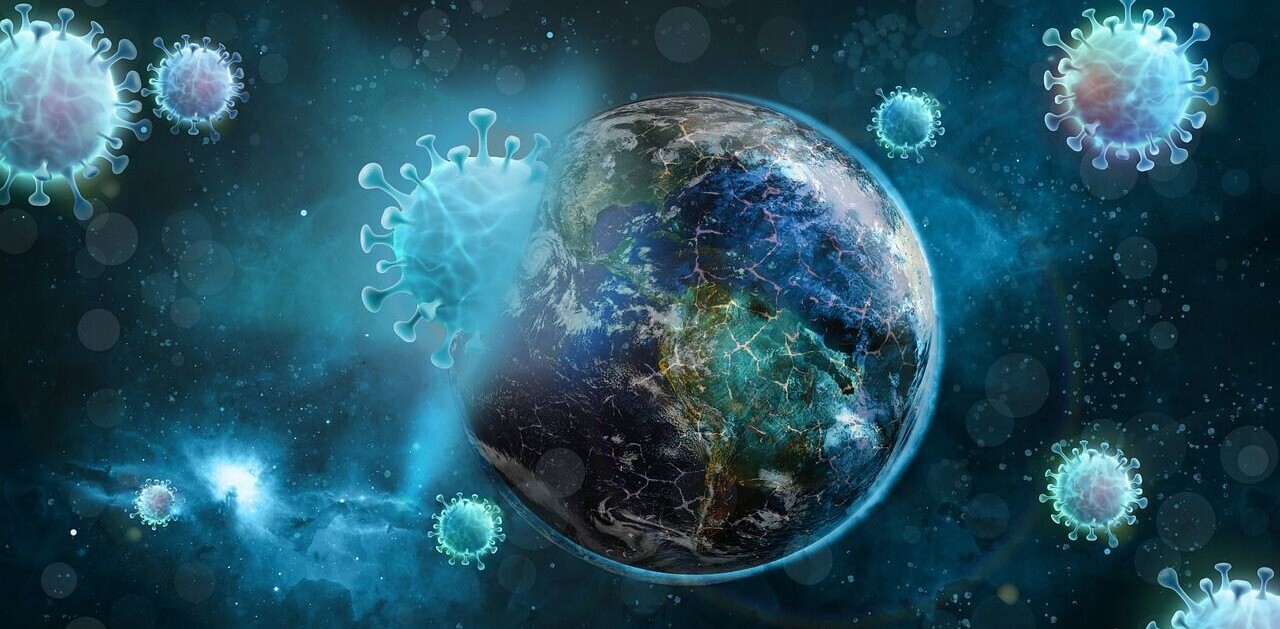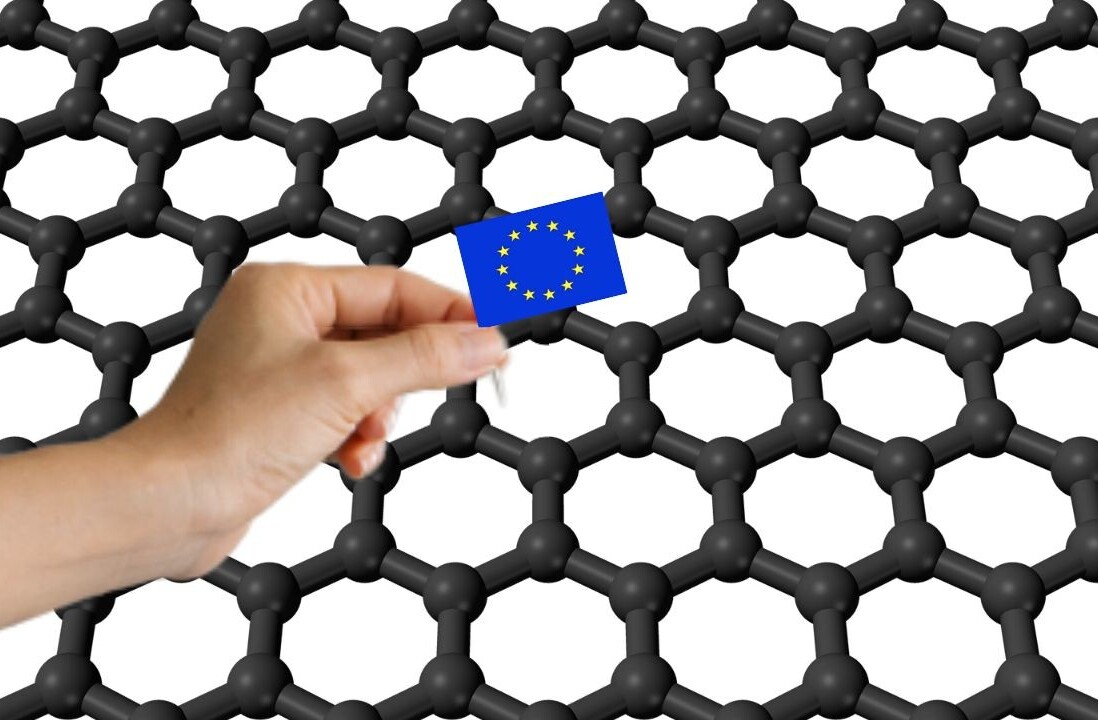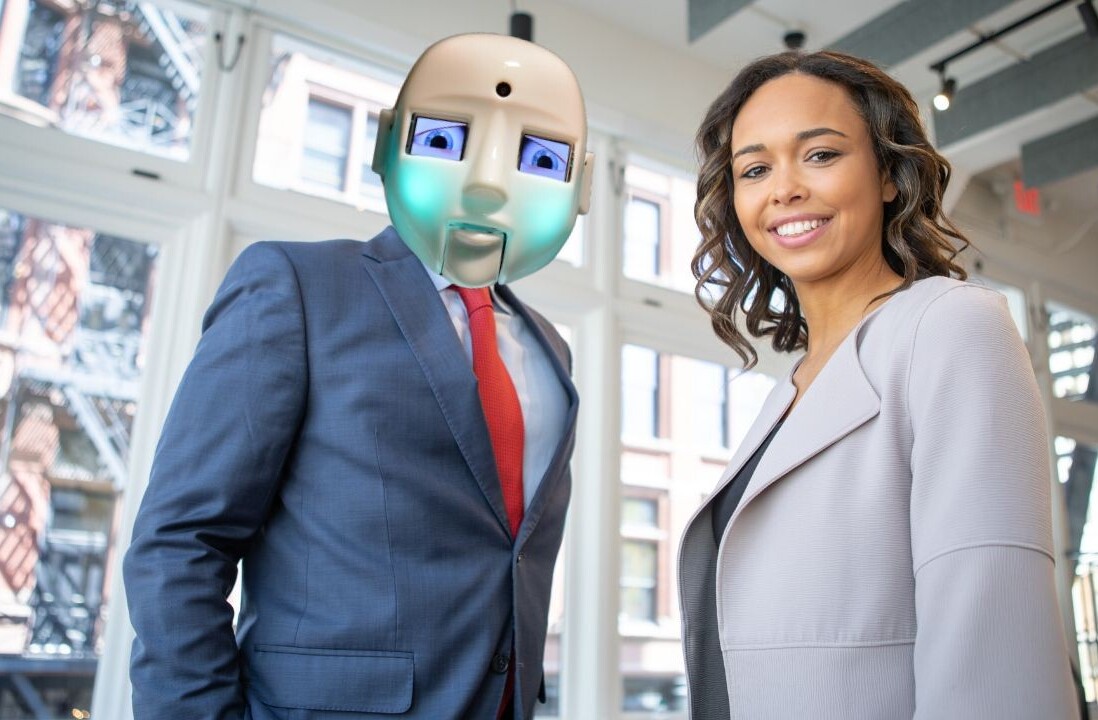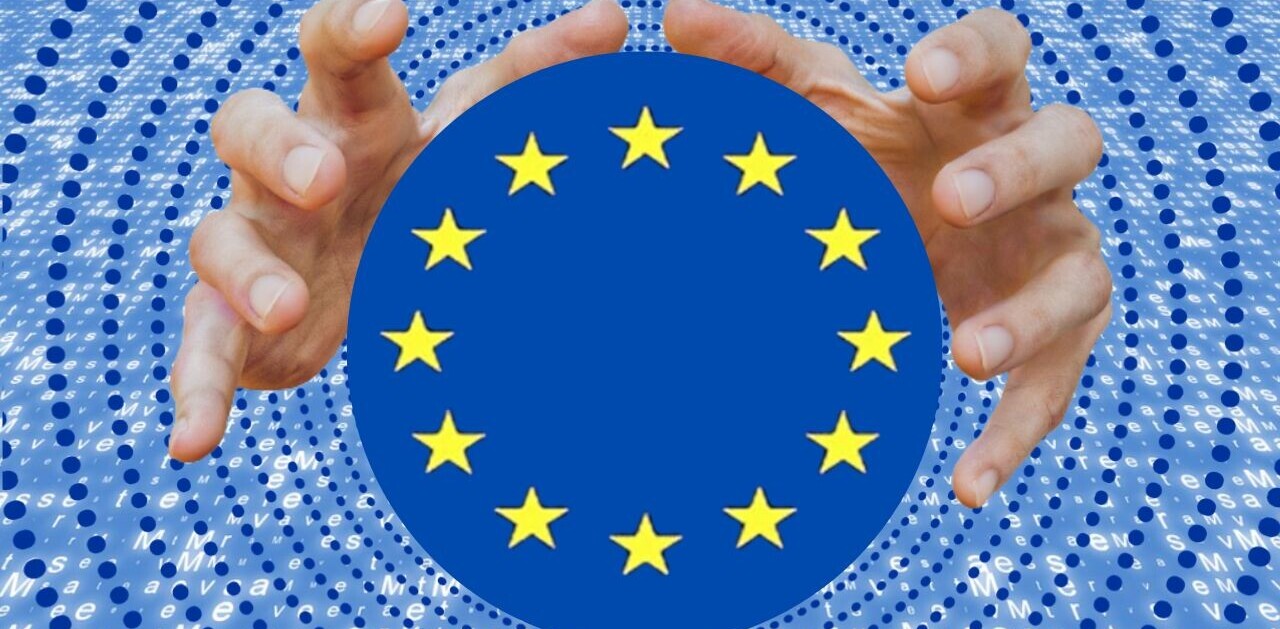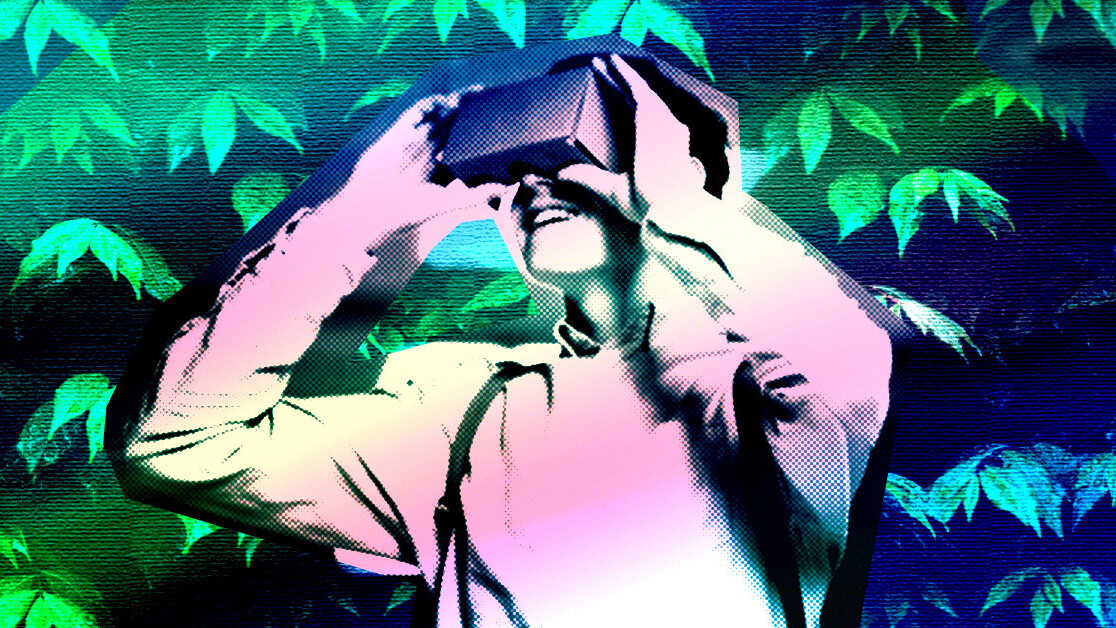
Last month, the streets of Austin, Texas bustled with live DJs, flying drones, and bands performing inside flower shops. The virtual streets of Austin, that is.
For the second year in a row, South by Southwest went digital. This time, it featured an immersive recreation of downtown Austin in which attendees could strap on a pair of Oculus Quest headset to drink virtual beer, peruse a crypto-art gallery, and pop into a virtual selfie stand.
SXSW 2021 was lauded for its technological feats — and rightly so — but if event organizers are convinced this VR utopia is the new frontier for live experiences, I believe they’ll be in for a painful reckoning.
And this is especially true for brands that have relied on virtual concerts, augmented reality scavenger hunts, and audio-guided tastings to connect with consumers in a contactless world.

Virtual experiences — impressive as they are — aren’t sustainable for a species hardwired to socialize face-to-face. And I’m not being a Luddite, I know this because I’ve produced them for brands. It’s like putting a Band-Aid on a gunshot wound.
Some marketing prophets are asserting that virtual experiences and events are here to stay in the ‘new normal.’ Remember when we invented that little catchphrase last spring? Well, here we are, barely a year later, and the new normal is already old.
So don’t believe the prophets. Sure virtual experiences work great now, but don’t put all your brand’s future marketing eggs in that basket.
The novelty of virtual events, much like hoverboards and fidget spinners, fizzles out after you try it a few times. Human beings are restless creatures. We wander, we pace, we nudge our friend and ask if they want another beer. Being trapped in a chair, staring at a glowing rectangle for hours is deadening — even if Post Malone is covering “Only Wanna Be With You.”
Millions of would-be event-goers are sitting on more than a year’s worth of pent-up energy, waiting to experience a world that doesn’t run on WiFi. They’re ready to gather IRL — even in small settings. That’s a given. The bigger question is whether brands are ready to pivot (again) as we trudge our way out of this.
As of this writing, Americans are getting vaccinated at a rate of 2.5 million per week. Are we there yet? I ask, like a toddler on a lengthy road trip. Not quite. But our destination is in sight, and the passengers in the car are extremely antsy.
IRL is still MVP
In-person interactions literally change our brain for the better. Researchers at the University of Chicago and Harvard found that the simple act of shaking hands causes the reward center of our brains to light up.
The more senses you engage, the more meaningful an experience becomes. That’s why our fondest memories are almost exclusively formed in the real world, not in front of a computer.
Those who have been fortunate enough to save money and stay healthy throughout the pandemic aren’t anticipating the next virtual festival or online concert, no matter how “immersive” it might be. They want to feel human again.
“Energy, attitude and personality cannot be ‘remoted’ through even the best fiber optic lines,” wrote Jerry Seinfeld in his contentious New York Times op-ed. “Real, live, inspiring human energy exists when we coagulate together in crazy places…”
That little device in your pocket (the one you’re probably reading this on) hasn’t replaced reality. Never has, never will. If anything, dramatic spikes in screen time have worn us out.
We’re tired of scanning QR codes to order a breakfast burrito. We’re tired of contactless this and that. We’re tired of working in sweatpants. We’re tired of Zoom: You’re muted, go ahead, oh, no, I was just gonna say…
“Everyone hates to do this,” Seinfeld reminds us. “Everyone. Hates.”
Okay, so we’re burnt out with virtual stuff, but we’re a long way from Super Bowl-sized gatherings. Now what?
The plan ahead

There’s a happy medium between sitting in front of a screen and packing into a massive crowd. I believe pop-ups, once a cliche tactic, are poised to become the experience du jour, namely because they let brands own a small footprint and control how many people come in and out.
You can also take the you-and-a-few-friends approach to ease back into experiences. Hotels.com, for example, offered a private Friendsgiving island getaway for $50 a night. Corona beer delivered a tailgate on wheels to football fans stuck at home. Miller High Life built a backyard dive bar for a lucky winner.
Is any of this the same as standing shoulder-to-shoulder at Lollapalooza? Of course not. But sometimes you have to walk before you run.
This virus will eventually give up, but people will not give up. And when those people get the green light to dust off their grown-up shoes and go out, hunching over their laptops will be the last thing on their to-do list.
See you soon.
Get the TNW newsletter
Get the most important tech news in your inbox each week.
